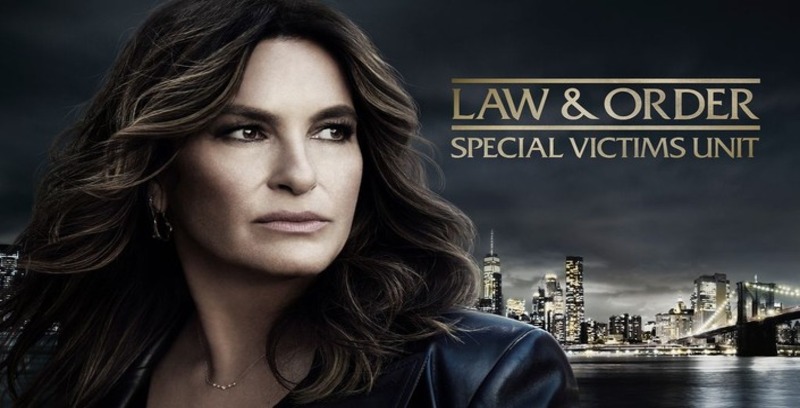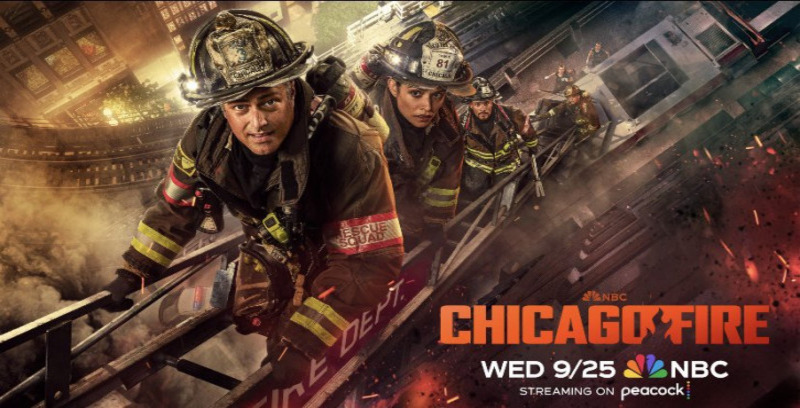
The year is 1969. Steve McQueen’s role in The Great Escape has helped establish his star status as the King of Cool. Bruce Lee is one of the most highly regarded stuntmen in the world, Sharon Tate and Roman Polanski are the big power couple in Hollywood and faded television actor, Rick Dalton (known for his role in fictional 1950s western series Bounty Law), is down on his luck, joined by long-term friend and stunt-double Cliff Booth who is facing a similiar prospect. Dalton is fluffing his lines in the face of younger actors and has been offered an escape out of Hollywood with the lure of spaghetti westerns in Italy, but the transition to Europe is something that he’s not too keen on. Everything is about to change however – as things can in Hollywood, when Tate and Polanski move in next door to Dalton, bringing with them the unwanted threat in the form of Charles Manson and his band of deranged cultists.
Considering how over the top Tarantino’s films have been in the past, Once Upon A Time in Hollywood feels like his least violent, least action-packed movie yet, but that’s not to say though that it doesn’t contain some gory moments particularly in the final 20 or so minutes. But everything is handled with care, and although Tarantino himself gets a bit too self-indulgent at times in bringing the final days of Hollywood’s so-called “Golden Age” to an end, re-enacting extended scenes from certain movies and writing scripts for full episodes of fictional television shows to potentially turn into real-life ones at later dates, the passion is there, and this film feels alive because of it, always being careful not to exploit the victims or glamorise their killers, with Manson himself only having very few speaking lines and rarely appearing on screen at all.
With such an A-List talent you expect good performances across the board and Once Upon A Time in Hollywood more than delivers. Leonardo DiCaprio and Brad Pitt may share minimal screentime together but they are both excellent in every scene, and of course, Margot Robbie is a standout as Sharon Tate, personifying the actress. Margaret Qualley plays one of Manson’s devout followers who gets the most screentime out of the group, even more so than Manson himself, and her scenes at the Ranch which Booth visits to check up on an old friend feel really well executed. When the film is at its best – it’s also worth mentioning the scenes where the actors are filming a western is exceptional too – everything clicks together, but unfortunately, there are plenty of moments where the film, like its characters, almost feels jaded and tiresome. The pacing is uneven, slowing down to a crawl at times, whilst at others moving incredibly quickly, feeling incredibly chaotic in nature, acting more like a collection of events strung together through a series of coincidences rather than a movie with more of a plotline. But it helps capture the randomness of chance, and shows just how quickly things can change in Hollywood itself.
And speaking of Hollywood, Tinseltown feels alive and bursting full of energy, and it is here, in “The Dream Factory”, where things can’t help but feel incredibly real, even in this larger than life world with all the hustle and bustle of the movies and the fakery that happens around the characters' lives. Several shots that follow the cast driving through Los Angeles in old-school 60s cars set to tunes like Los Bravos’ Bring a Little Lovin’ and Neil Diamond’s Brother Love’s Travelling Salvation Show which pump over the radio with the hallmarks of a Tarantino soundtrack exemplify the setting, doing a fantastic job at establishing the mood for key scenes as well as the sense of location. The Rolling Stones’ Out of Time perhaps marks the most significant change in mood and atmosphere in the whole film, and is used to perfection. Never before has Tarantino’s love of movies been more felt moreso than it is here (which is saying something), and the film itself works as much as a love letter to westerns as it does to Hollywood, finding itself in the same camp as films like The Coen Brothers’ often overlooked gem that is the George Clooney starring Hail, Caesar!, filled with a cast that’s almost as star-studded as Once Upon A Time in Hollywood. Another comparison could be to Shane Black's comedy The Nice Guys, with the three combining to make a good - if long - triple feature.
Much of Tarantino’s previous films have been revenge-driven and have focused on extraordinary characters that have never really felt real. And Whilst Cliff Booth and Rick Dalton play extraordinary characters, they themselves stand out from the likes of Aldo Raine, Django and Beatrice Kiddo in that they feel like normal human beings who are just doing their jobs and happen to be caught up in the grand scheme of history, and the script never shies away from reminding us of that. The dialogue heavy script propels the simple plot forward, and the dynamic of Pitt and DiCaprio is one of the best things about this film. But that said, the pacing issues prevent it from being a fully fledged masterpiece and even though the humour doesn't always land it's still a standout film from 2019 that brings the magic of the movies to life acting as a time capsule into the past.
Sign Up for the SpoilerTV Newsletter where we talk all things TV!
Recommendations
Subscribe to:
Post Comments (Atom)













